How might we enable teachers to become changemakers in their communities?
The Teachers Network creates a platform for interaction where teachers can lead change and transformation to help improve student success and the quality of education in Turkey. The platform incorporates all stakeholders involved in education, including actors from foundations, NGOs, as well as individuals and organizations from different fields, and moves forward with them throughout their professional journeys and processes of solution-seeking.
Company: ATOLYE
Role: Project Lead, Senior Researcher
Scope: Systems Design, Learning Experiences, Community-as-a-Service, Multimedia
Year: 2014 - 2017
A 2014 study, Teacher Research, commissioned by the Vehbi Koç Foundation and conducted by ATÖLYE and the Education Reform Initiative looked into the socio-economic environment of teachers who live and work in Turkey. The study revealed that teachers feel excluded and insecure in their work environments, and lacking the capacity to cope with political, technological and socio-economic challenges. An overwhelming majority feel desperate in an education system that does not offer opportunities for professional growth or good socio-economic prospects.
They study in poorly funded education departments that fall short of equipping them with the right set of skills, creativity and innovative approach they can apply as teachers. They lack sufficient career support to improve themselves. Coupled with a worsening political and security environment, teachers feel disenfranchised in a polarized society where they feel their socio-economic wellbeing is not a priority. Further, teaching as a profession is not valued in Turkey anymore: an over-whelming majority of teachers feel that their role as teachers is not appreciated in society. In such an environment, they lack the confidence to take initiative, be creative, and teach as problem-solvers and thinkers – both of which are key to quality teaching and positive education outcomes.
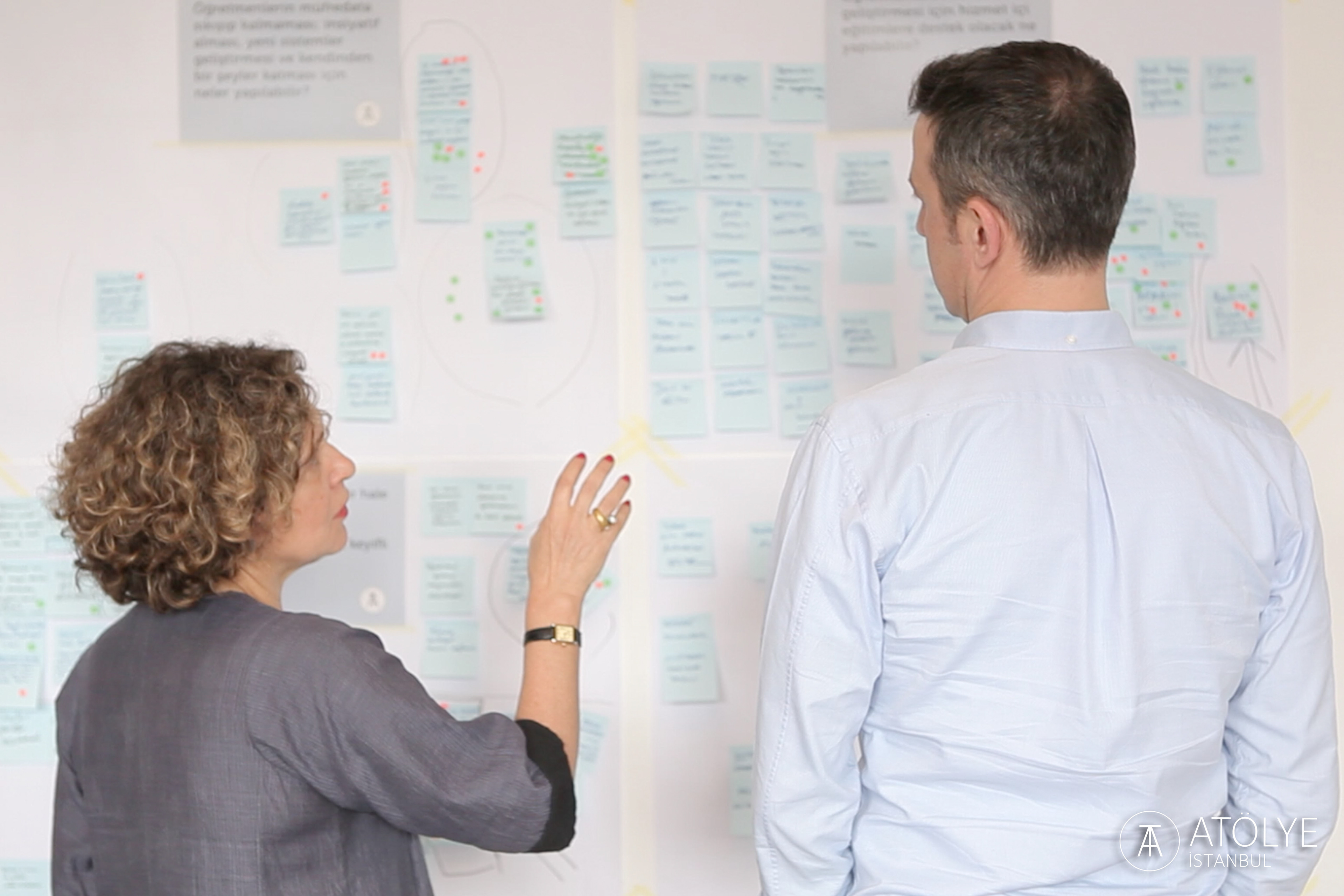
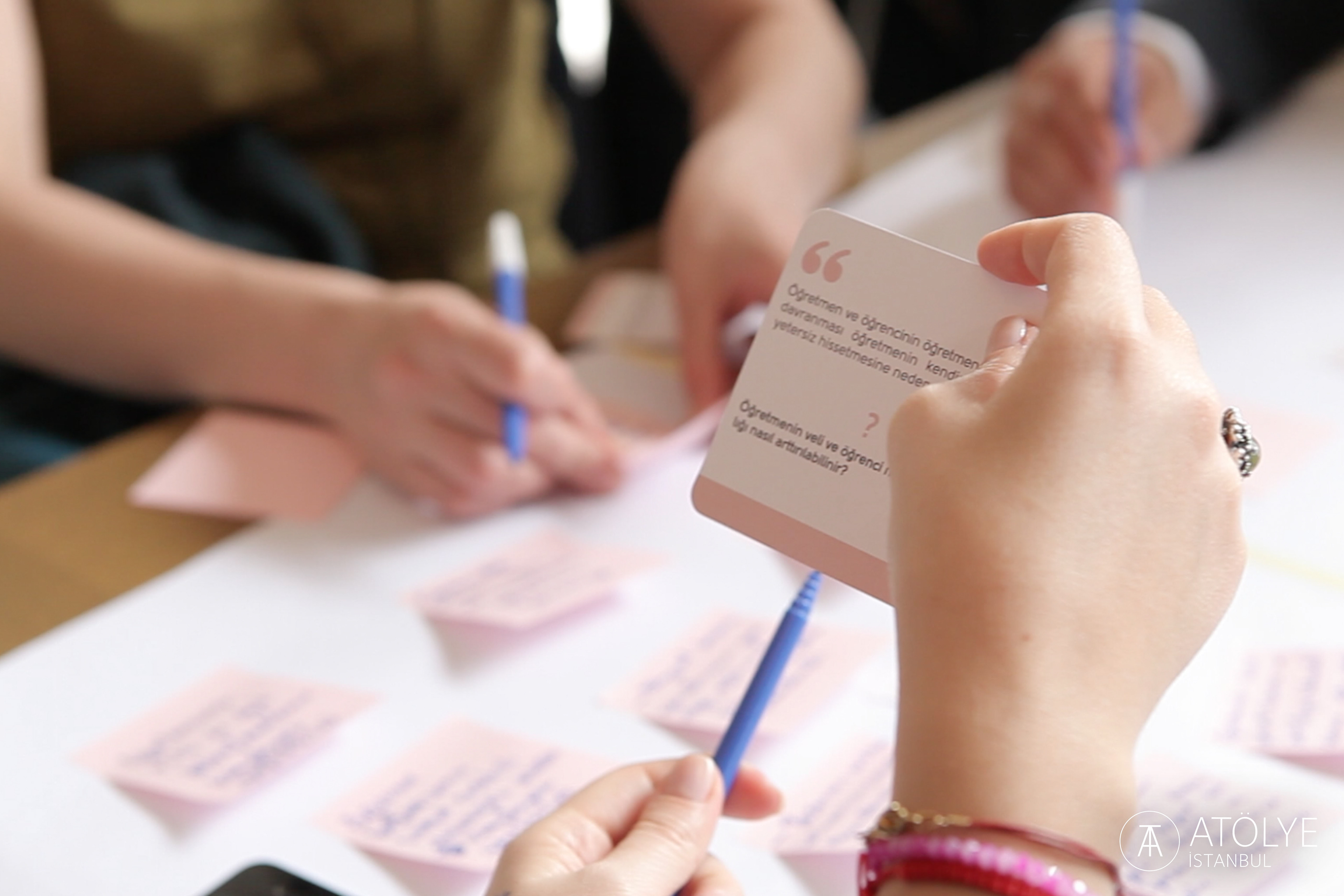
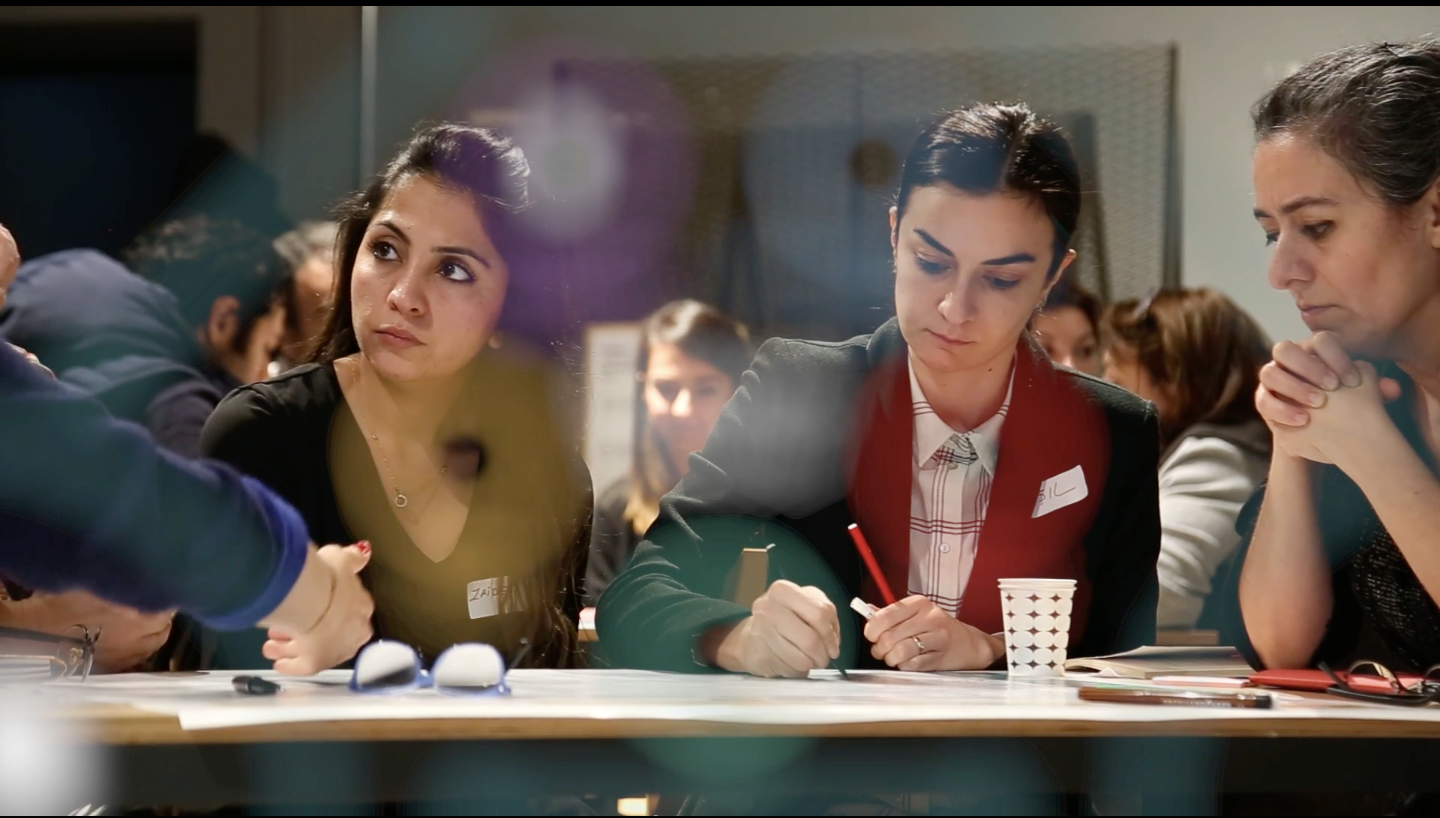
A theory of change was written as a result of Teacher Research. A systemic design was also developed based on this theory and was realized through the efforts of the leading seven foundations in Turkey; the Mother-Child Education Foundation, the Aydın Doğan Foundation, the Enka Foundation, the Mehmet Zorlu Foundation, the Sabancı Foundation, the Open Society Foundation and the Vehbi Koç Foundation.
The pilot program which took eighteen months has been developed with the contributions of teachers. ATÖLYE, with the support of the Teacher Network’s core team, designed and facilitated a 6-month pilot training for the 45 teachers selected for the initial group. This initial group came with references from a variety of stakeholder organizations like the Istanbul Bilgi University Sociology and Education Center, the Teachers Academy Foundation, the Sabancı Foundation, ACEV, and the Vehbi Koç Foundation. Besides the seven founding foundations, many administrators from non-governmental organizations from the education sector and academia have also supported the project.
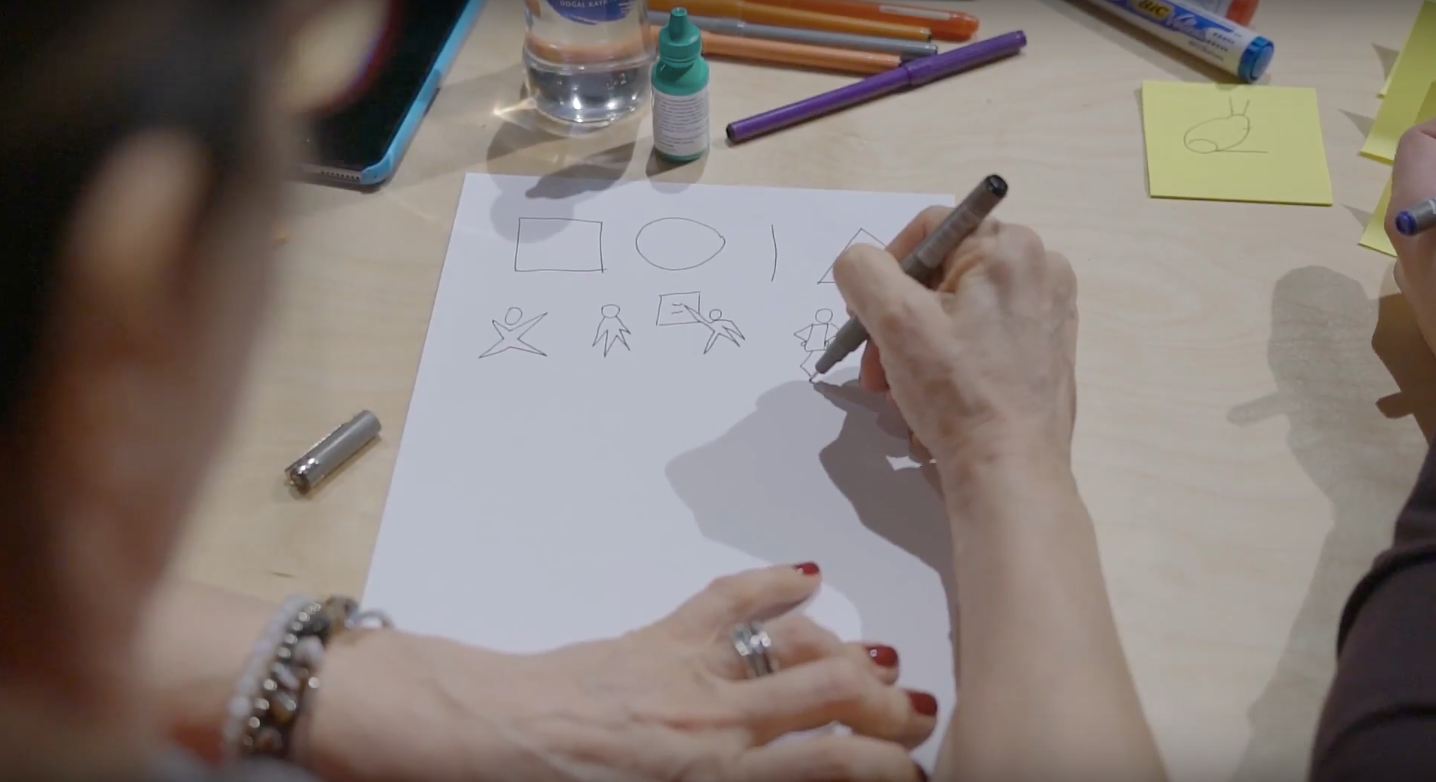
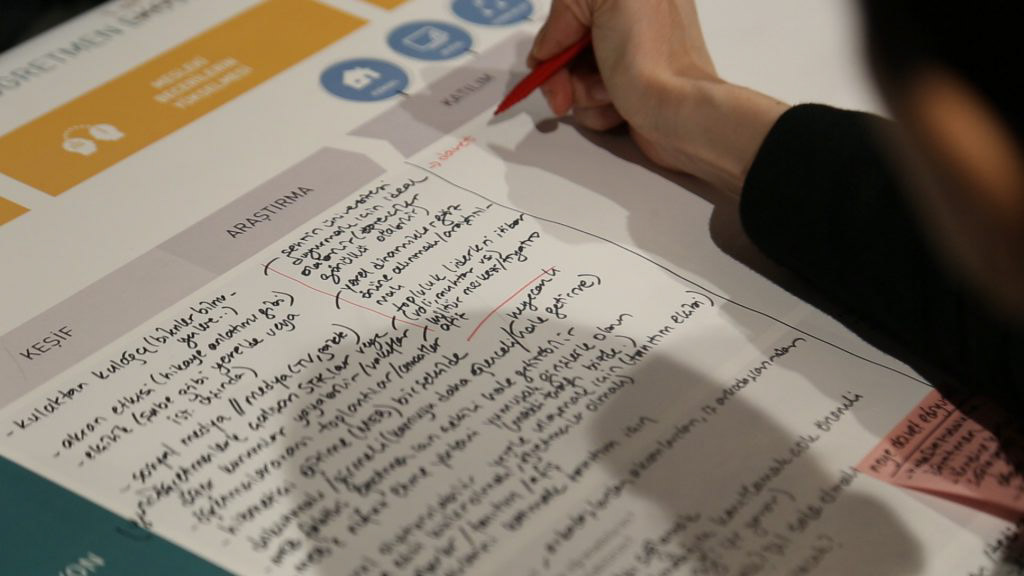

Besides the seven founding foundations, many administrators from non-governmental organizations from the education industry and academics have also supported the project. Some of the foundations that have either participated in the design process or have given feedback are : the Purple Certificate Program, Baska Bir Okul Mumkun, the Turkish Education Association, Turkish Educational Volunteers, MEF University, the Umut Foundation, the Ögretmen Akademisi Foundation, Istanbul Bilgi University Sociology and Education Work Unit, Kültür University, Aydın University, Ashoka, the Turkish Industry & Business Association, Türk Felsefe Kurumu, the Terakki Foundation and the Global Civics Academy.
The pilot program was designed to have a “prototyping” approach meant to achieve three overall goals. The program’s first goal was for the teachers to come together and create a community through a multi-stakeholder social innovation project. Secondly, the program aimed to design the future of the Teacher Network. Finally, the third objective of the program was to empower teachers by using the various tools of design-oriented thinking in an educational context and use them to tackle the specific problems teachers experience in their professional lives. Throughout the process, teachers worked in teams and developed solutions with the help of design methods for problems they identified in the education system. While developing their solutions, they performed extensive field-testing with both colleagues and students. They then turned the solutions they came up with into generalizable outputs that they could share using visual and written storytelling methods.
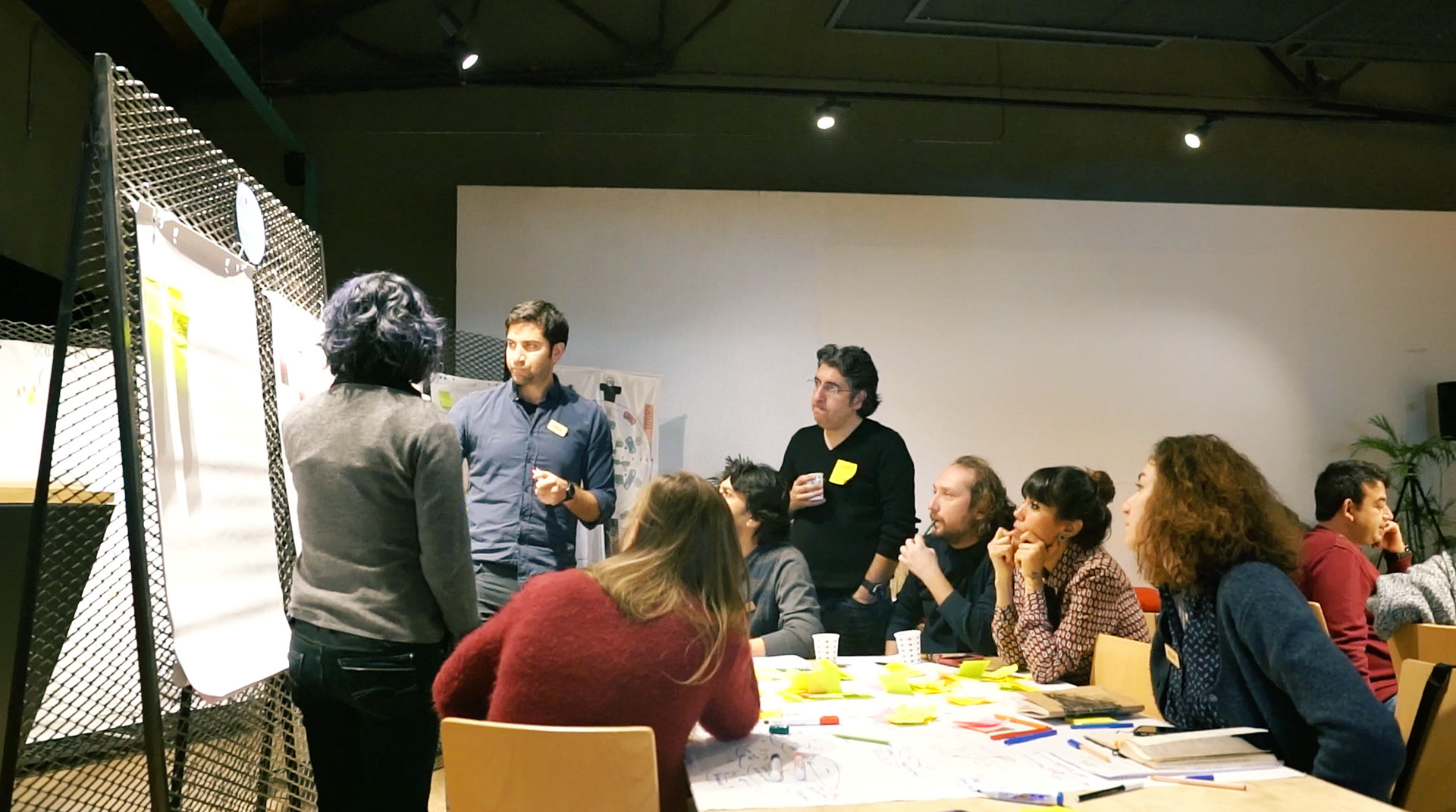
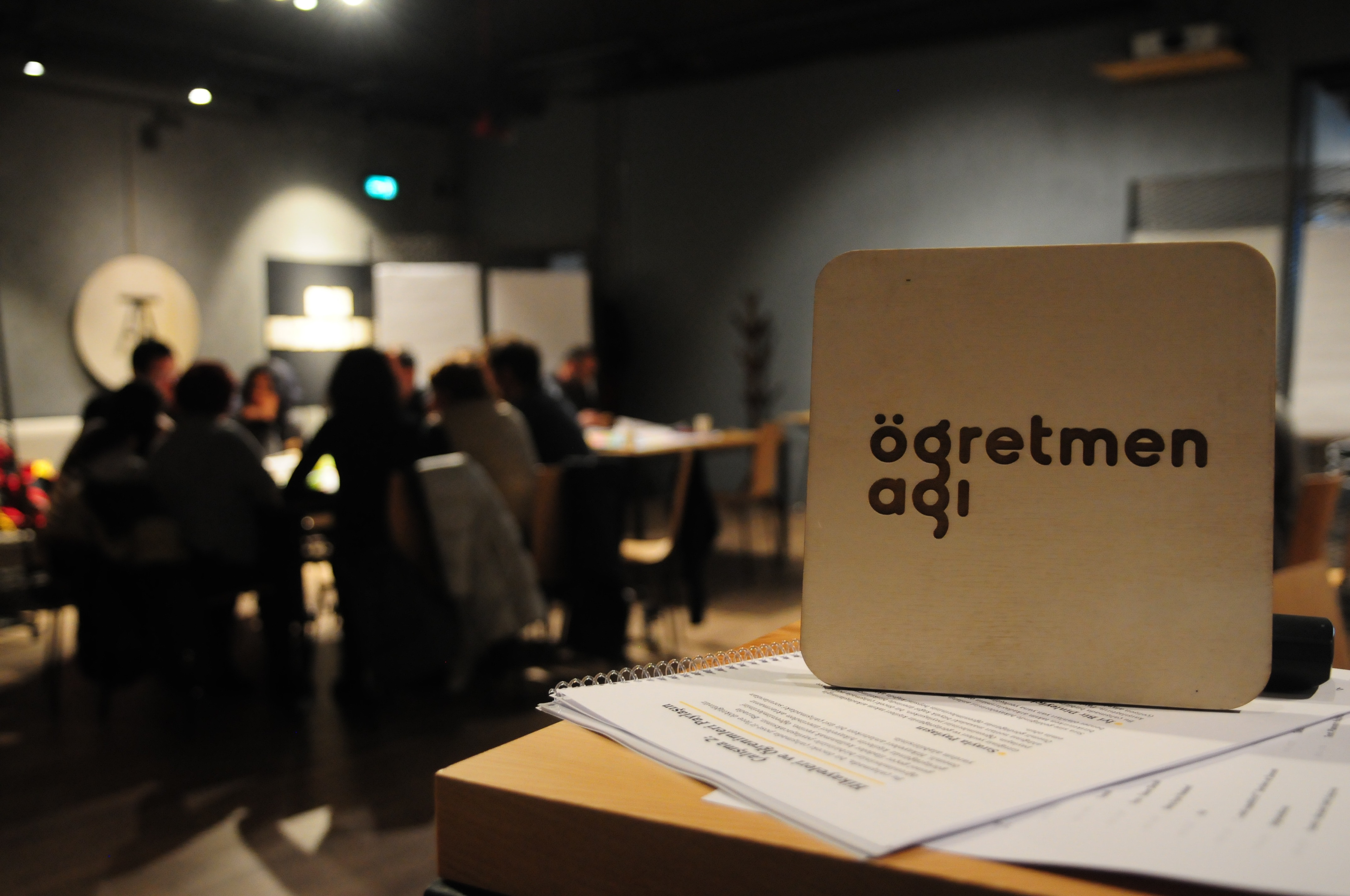

At the end of the pilot program, the teachers had designed and shared a variety of projects with their colleagues, such as ways to develop integrative learning environments that are inclusive activities to prevent bullying in school cafeterias; educational material for students at different ages to share learning experiences; and classroom activities that help students overcome the fear of failing and instead turning these failures into learning outcomes.
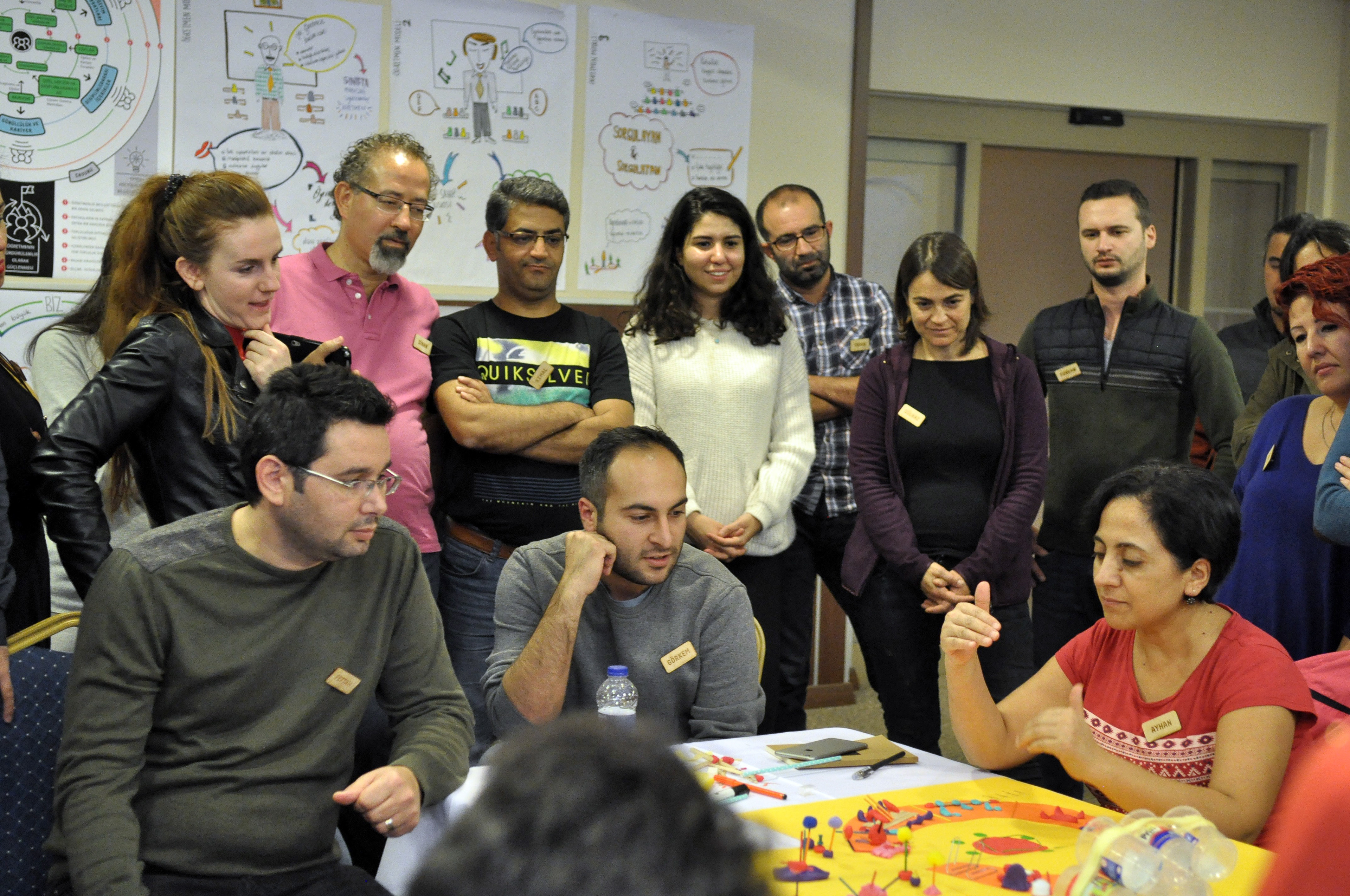

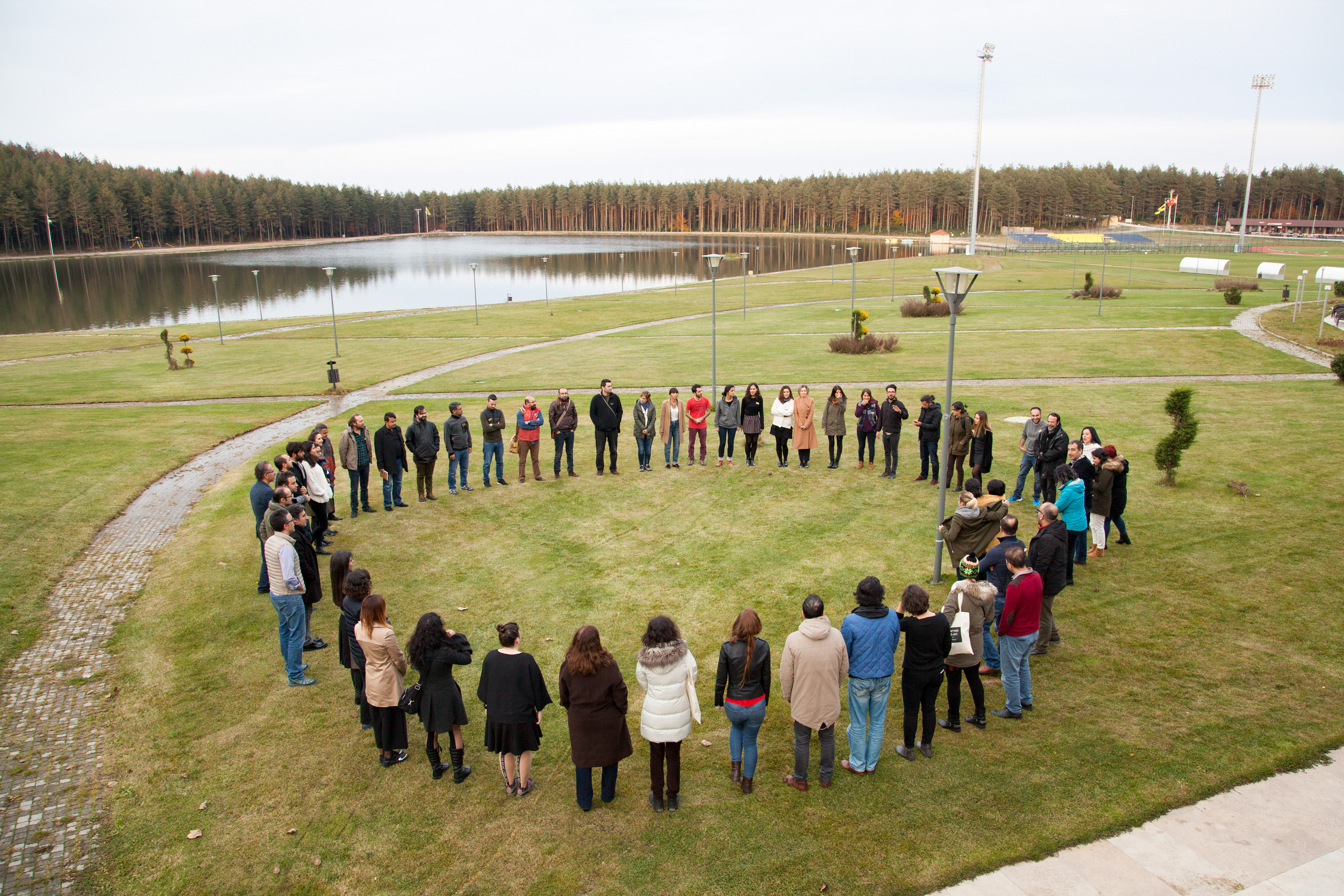
For more visit ogretmenagi.org